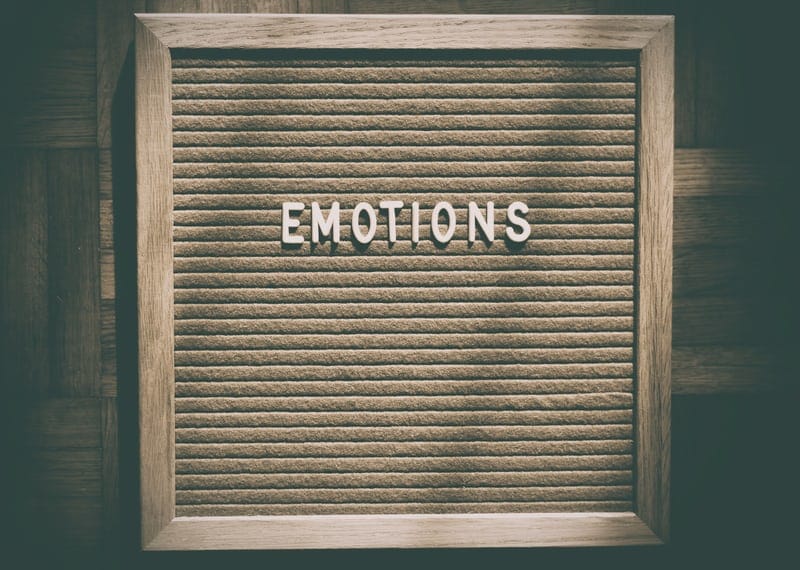First and foremost, what is emotional regulation? Psychologist James Gross defines emotional regulation as: “process by which individuals influence which emotions they have, when they have them, and how they experience and express their feelings. Emotional regulation can be automatic or controlled, conscious or unconscious, and may have effects at one or more points in the emotion producing process,” (Gross, 1998). Positive Psychology provides us with an excellent example by saying: “For example, a person who has poor emotion regulation strategies is more likely to fall prey to mood polarities; their actions and behavioral patterns would always be at the mercy of their emotions. Quite the contrary, a well-regulated person will have a better balance and judgment of their feelings and actions.
Emotional regulation allows us to carefully judge which affective outcomes to embrace and which ones to avoid (Wegner, Erber, & Zanakos, 1993).” If you are poor in emotional regulation, it is something that can be improved. So what are some emotional regulation skills that we can practice to better our emotional responses and reach higher goals?
Practicing Mindfulness
Manhattan Mental Health Counseling says: “The first emotional regulation skill is mindfulness. Mindfulness is a special state of being. It is noticing one’s own present experience. We all tend to speak to ourselves and narrate our lives but we don’t actually listen. It is all very habitual and unconscious.” When we practice mindfulness and mindful breathing for 15-30 minutes a day, we have the ability to pause. To reflect and to take a few minutes to pause and think about why we feel the way we do in that given moment. Focusing on what you are grateful for in a dark moment of time and emotional distress can also have a huge turnaround for emotional regulation.
Identify What Is Causing the Emotion
We have all heard of the term “hangry” before and how uncontrollable hunger can make us lose our cool on our loved ones. There are a number of things that can trigger our emotions such as seeing someone unexpected in public, your food order being wrong, it being too hot outside, etc. If you are struggling to pinpoint where the emotion is coming from, you can use this worksheet called “Check the Facts” to see if the event is causing your emotional distress. This is amazing to keep in your journal to carry with you on the go or to fill out on your phone in private.
Like this topic? Check out our past article to learn more about psychological well being.
Distract Yourself
Eddins Counseling provides a great source on ways to distract and self-soothe yourself in times of emotional distress. When you are alone in a time of emotional distress, it is important to have something available to help yourself stay calm. You can make a list of important life events, call a friend, journal, or even make a bucket list. There are endless things to do, and you can even print out the list that they wrote!
Practice Skills That Work Best For You
These emotional regulation skills are only a fraction of what you can do to better your response in everyday life. For some of us, we may not like to write or cannot grasp the concept of meditation; however, there is a skill out there to learn for everyone. You can also check out one of our past articles about stress management activities if stress is causing you to be emotionally overwhelmed. What strategy are you going to try? Let us know!
References:
Gross, J. J. (1998). The emerging field of emotion regulation: An integrative review. Review of General Psychology, 2(3), 271-299.
